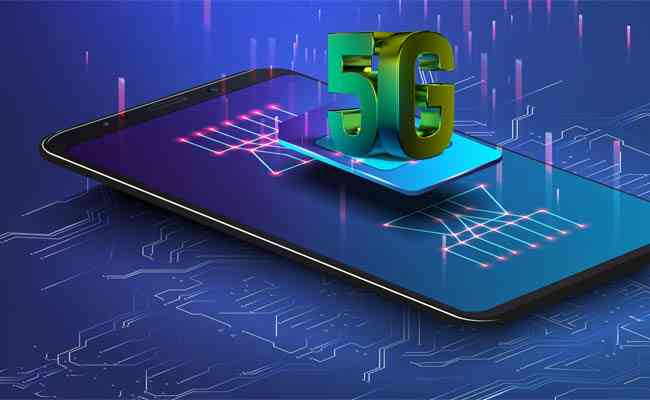New security flaws emerge with 5G
By MYBRANDBOOK

As 5G faces logistical and technical hurdles, its vulnerabilities are also being discovered almost by the dozen.
Worldwide Researchers are presenting new findings that the 5G specification still has vulnerabilities. And with 5G increasingly becoming a reality, time is running out to catch these flaws.
The researchers are detailing 11 new design issues in 5G protocols that could expose users’ location, downgrade service to old mobile data networks, run up their wireless bills, or even track when they make calls, text, or browse the web. They also found five additional 5G vulnerabilities that carried over from 3G and 4G. They identified all of those flaws with a new custom tool called 5GReasoner.
One purported benefit of 5G is that it protects phone identifiers, like the device's "international mobile subscriber identity," to help prevent tracking or targeted attacks. But downgrade attacks like the ones the researchers found can bump the device down to 4G or put it into limited service mode, then force it to send its IMSI number unencrypted. Increasingly, networks use an alternative ID called a Temporary Mobile Subscriber Identity that refreshes periodically to stymie tracking. But the researchers also found flaws that could allow them to override TMSI resets, or correlate a device's old and new TMSI, to track devices. Mounting those attacks takes only software-defined radios that cost a few hundred dollars.
The 5GReasoner tool also found issues with the part of the 5G standard that governs things like initial device registration, deregistration, and paging, which notifies your phone about incoming calls and texts. Depending on how a carrier implements the standard, attackers could mount "replay" attacks to run up a target's mobile bill by repeatedly sending the same message or command. It's an instance of vague wording in the 5G standard that could cause carriers to implement it weakly.
The researchers note that a limitation of their study is that they didn't have access to a commercial 5G network to test the attacks in practice. But they point out that while GSMA says the attacks are low impact, it still listed the work in its Mobile Security Research Hall of Fame


Legal Battle Over IT Act Intensifies Amid Musk’s India Plans
The outcome of the legal dispute between X Corp and the Indian government c...

Wipro inks 10-year deal with Phoenix Group's ReAssure UK worth
The agreement, executed through Wipro and its 100% subsidiary,...

Centre announces that DPDP Rules nearing Finalisation by April
The government seeks to refine the rules for robust data protection, ensuri...

Home Ministry cracks down on PoS agents in digital arrest scam
Digital arrest scams are a growing cybercrime where victims are coerced or ...


ICONS OF INDIA : SACHIN BANSAL
Sachin Bansal is an Indian entrepreneur. He is best known as the found...

ICONS OF INDIA : RAMESH NATRAJAN
Ramesh Natarajan, CEO of Redington Limited, on overcoming ‘technolog...

ICONS OF INDIA : ROSHNI NADAR MALHOTRA
Roshni Nadar Malhotra is the Chairperson of HCLTech, a leading global ...


CERT-IN - Indian Computer Emergency Response Team
CERT-In is a national nodal agency for responding to computer security...

DRDO - Defence Research and Development Organisation
DRDO responsible for the development of technology for use by the mili...

TCIL - Telecommunications Consultants India Limited
TCIL is a government-owned engineering and consultancy company...


Indian Tech Talent Excelling The Tech World - ARVIND KRISHNA, CEO – IBM
Arvind Krishna, an Indian-American business executive, serves as the C...

Indian Tech Talent Excelling The Tech World - REVATHI ADVAITHI, CEO- Flex
Revathi Advaithi, the CEO of Flex, is a dynamic leader driving growth ...

Indian Tech Talent Excelling The Tech World - NEAL MOHAN, CEO - Youtube
Neal Mohan, the CEO of YouTube, has a bold vision for the platform’s...
 of images belongs to the respective copyright holders
of images belongs to the respective copyright holders